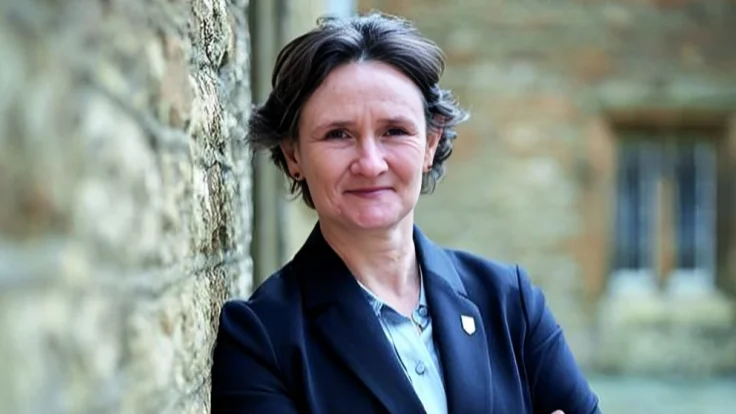The National Health Service (NHS) faces an estimated £340 million in extra healthcare costs each year due to weight-related health problems among children, according to new research from the University of Oxford. The study, published in JAMA Network Open and funded by the National Institute for Health and Care Research (NIHR), finds that underweight children require as much medical support as those with severe obesity.
Researchers analyzed NHS electronic health records from over 268,000 children aged 2 to 15 across England. They found that childhood weight issues affect about 2.5 million children and lead to significant healthcare expenses. The study provides the first national overview of how children’s weight impacts NHS costs.
The research tracked healthcare use in the year before and after children had their weight measured in general practice. It found that costs increased sharply after a child’s weight was formally recorded, suggesting that identifying weight issues leads to additional medical support, provided appropriate services are available.
Key findings include that four to five-year-olds with severe obesity had the highest excess costs at £472 per year. Girls with severe obesity incurred higher annual costs than boys (£253 compared to £138). Only White children showed consistently higher healthcare costs across all unhealthy weight groups. Healthcare use was substantially higher after weight was measured for underweight children and moderately higher for those with severe obesity.
"This work suggests we may have been looking at this the wrong way," said Dr Olu Onyimadu, lead author from Oxford’s Nuffield Department of Primary Care Health Sciences. "It’s not just obesity that drives costs. Underweight children may need comparable support and generate similar costs per capita to the NHS. We need to think about the full spectrum of unhealthy weight when planning services."
The findings come as the government implements its 10-year health plan, which focuses on prevention rather than treatment. The research provides NHS decision-makers with evidence on where to target resources.
Professor Stavros Petrou, co-senior author and NIHR Senior Investigator, stated: "These numbers give commissioners and practices the evidence they need to make the case for weight-management services. Early intervention across the weight spectrum could generate substantial savings while improving children’s health."
The study also highlights ethnic differences in healthcare costs, with White children showing higher excess costs when overweight or obese compared to other ethnic backgrounds. This information could help the NHS address health inequalities by targeting support more effectively.
Professor Mara Violato, co-senior author based in Oxford Population Health, commented: "With 27% of children aged 2-15 living with overweight or obesity, plus those affected by underweight, we are looking at a huge opportunity for preventive care. These detailed cost breakdowns by age and sex can help clinical and budgetary service planners identify which children to prioritise."
The research indicates that once a child’s weight issue is identified, the NHS responds with additional support if suitable services exist. The findings strengthen the economic argument for investing in both prevention programs and weight-management services in primary care.
For parents, the results suggest that concerns about children being too thin are as important as concerns about excess weight. The research shows that once GPs identify a child’s weight issue, more medical support is typically provided, from nutritional advice to mental-health services, emphasizing the importance of regular check-ups.
For those developing business cases for new services, the study offers robust evidence demonstrating value for money. The methodology aligns with UK clinical standards, making the findings directly relevant for NHS decision-making.
The research team noted that these cost estimates can now be used to assess whether specific weight-management programs offer value for money, helping inform NHS funding decisions. They also pointed out that BMI measurements are not routinely recorded for all children in primary care, and future research will examine longer-term patterns.
The study is titled "Child Body Mass Index and Health Care Costs in England" and is published in JAMA Network Open.

